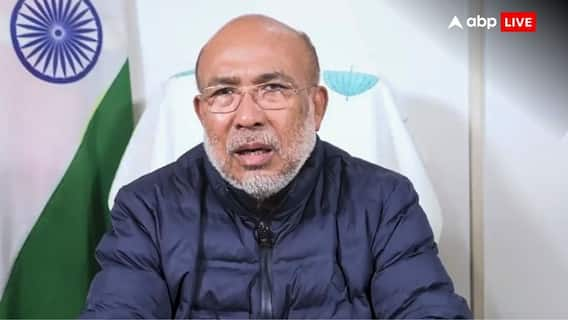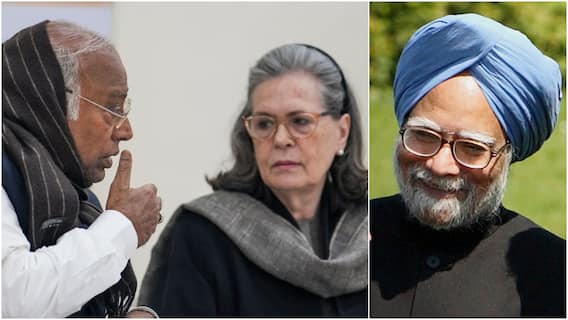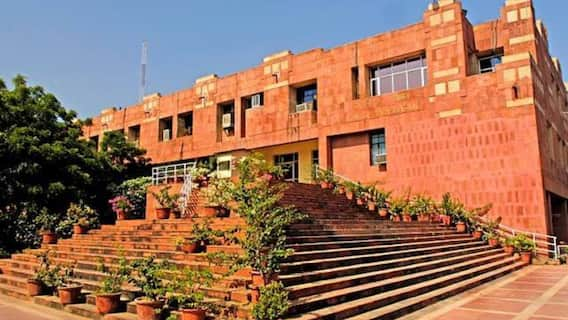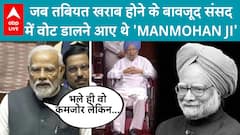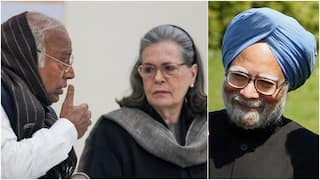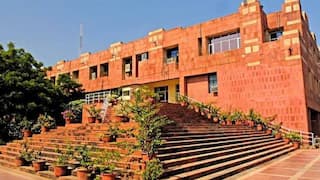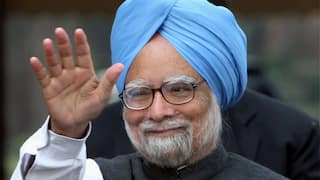Jinping's Belt and Road Initiative a 'political masterstroke' at home, abroad: Expert

New York [USA], Oct 28 (ANI): The One Belt One Road (OBOR) initiative must be seen as a political and economic masterstroke by Chinese President Xi Jinping, in terms of its domestic as well foreign impact, an expert has said.
"The singular contribution of the man now vying for a place next to Mao in the pantheon of Chinese leaders, Xi Jinping, is the One Belt, One Road project. It was a public relations triumph: Mao destroyed the old order, Deng Xiaoping laid the foundations of a modern economy, Xi is making China great again," said Philip Bowring, who has been writing on regional financial and political issues successively as correspondent for the Financial Times, editor of the Far Eastern Economic Review and columnist for the International Herald Tribune, in an article published in nybook.com.
"This plan, now more often known as the Belt and Road Initiative (BRI), to use China's money and know-how to develop relations with a host of developing countries across Eurasia and to the coasts of Africa has proved a political masterstroke at home and abroad," he added.
He mentioned that for foreigners, China appears to be extending a hand of friendship, economic development, and trade across half the world.
Bowring said for the Chinese people, it is an expression of new-found pride in the nation's power and wealth.
Here is China remaking the famous Silk Road that connected it to Central Asia and to Europe, and the maritime Silk Road, that linked Southeast Asia and the Indian Ocean to Arabia, Africa, and beyond.
Citing Xi hailing the feats of Zheng He, the Ming dynasty commander whose vast fleets sailed the southern and western seas in the early fifteenth century, receiving submission from what are now Indonesia and Malaysia to Somalia and Kenya via Sri Lanka, India, and Yemen, in a speech to a BRI forum earlier this year, Bowring said "once again, China is positioning itself as a benign master, receiving tribute from lesser neighbors in return for protection and friendship."
He said that the Chinese government's marketing of the BRI has thus played upon myths and half-remembered facts about China's past-"the glory of the silk routes," in Xi's words.
"At the same time, the narrative gives credence to the notion that, until the age of Western aggression, China always was the master of the region. From this perspective, its current claims to ownership of almost all the South China Sea is founded on a history of Chinese presence and of tribute to the emperor and the overland Silk Road as a mighty highway of Chinese commerce with the world," he noted.
Bowring also pointed out that the beginning of this trade underlined the fact that transport by sea was a fraction (one-seventh, according to the Romans) of the cost of going by land, and was far less subject to wars and frontier taxes. Thus, overland trade was mostly confined to very high-value items.
He further said that steam and internal combustion engines have drastically lowered the cost of land transport over the past one hundred and fifty years.
However, Bowring mentions that for most traffic from the eastern heartland of China to Turkey and Iran, let alone Europe, rail is a poor compromise between high-speed air and low-cost sea, adding that long-distance human traffic usually has the option of going by air at a fraction of the time.
Asserting that Rail gauge differences remain a problem, and so do actual or potential border disputes that have shut down at least one international rail link in the region, Bowring said that overland trade needs extensive political stability more than sea routes.
"Looking at the map, the same argument may not apply to Pakistan. In a straight line, it is only about eleven hundred miles from Kashgar in the far west of China to Karachi and the Indian Ocean. But the road twists and turns up to more than fifteen thousand feet above sea level and down again through almost uninhabited country until it reaches the Indus Valley. The great knot of mountain ranges and deserts that separate China from India and Central Asia is, relatively, as much of a barrier to land transport today as it was to travelers two thousand years ago," he said.
Bowring said that China is not going to get other than short-term political return from the $57 billion it has promised for the (China Pakistan Economic Corridor) CPEC and other infrastructure in Pakistan.
He further said that the ethnic Chinese business communities are now seen by China as an important building-block in many BRI countries in Southeast Asia.
"Yet the perception of China as a would-be hegemon can also be dangerous for these communities, which historically have endured anti-Chinese riots and killings. Xi's combination of the BRI and the pushing of bogus claims of sovereignty in the South China Sea against a background of latent anti-ethnic Chinese sentiment could end badly," he said.
Bowring emphasised that China's current economic superiority will probably fade as a consequence of its very low fertility rate compared to those of its neighbors to the south.
He said that China's unnatural Russian friendship may not survive the Putin era as the Russians are suspicious of the BRI and know that Chinese nationalism could easily see Beijing resurrecting the issue of nineteenth-century so-called "unequal treaties."
"Xi Jinping has a grand idea that will buy him space for his domestic agenda and ensure his prominence when the annals of the Communist Party dynasty come to be compiled. But look at the reality of the Zheng He experience, not the myth. Where will the BRI be in 2030?" he said. (ANI)
This story has not been edited. It has been published as provided by ANI
Trending News
Top Headlines





